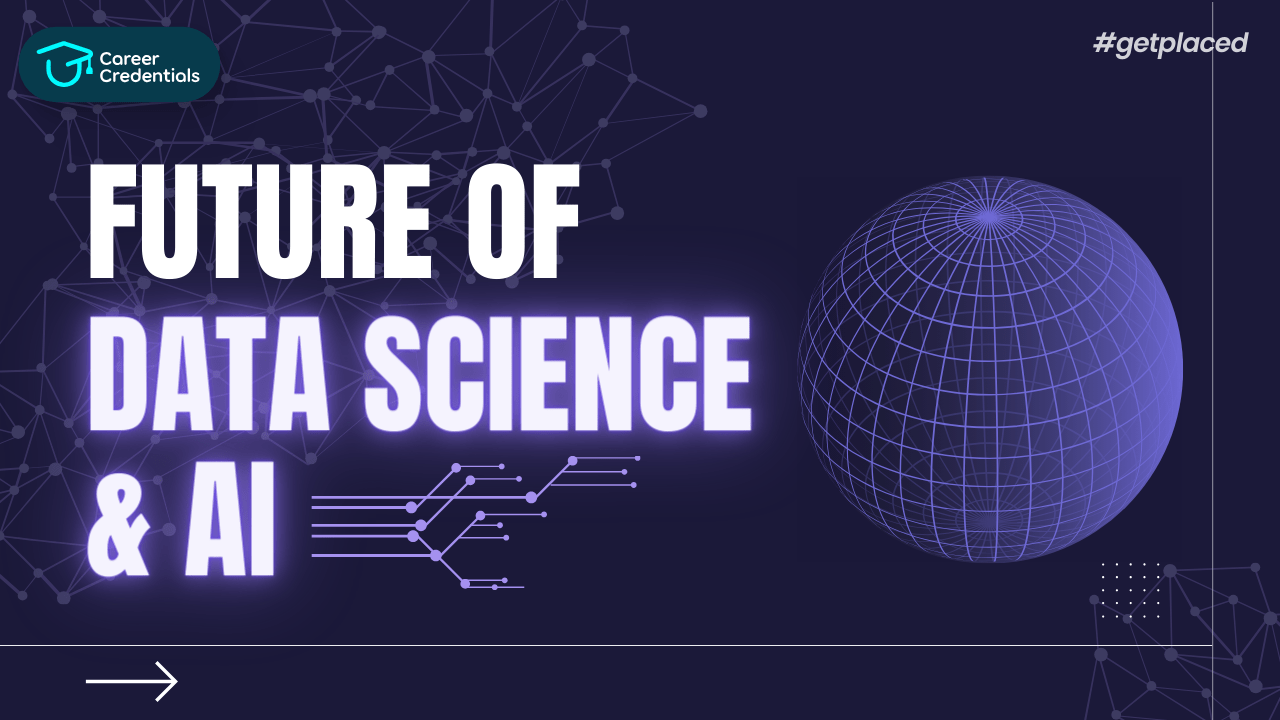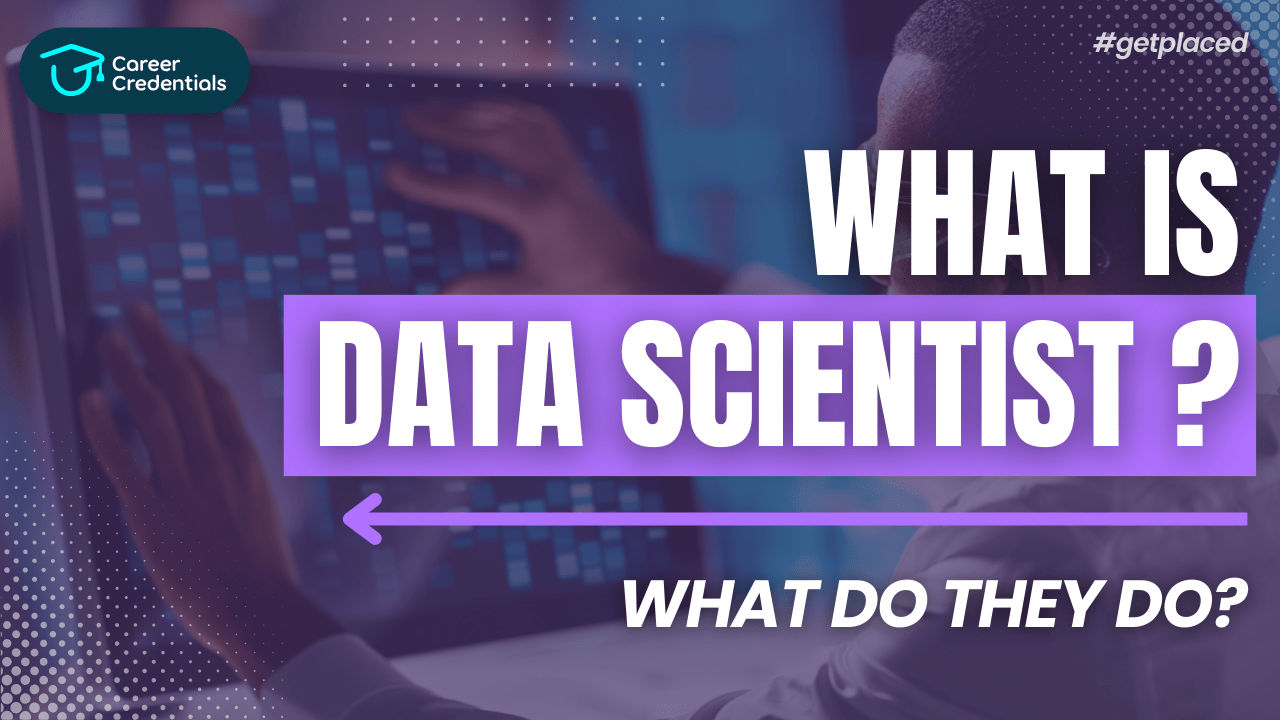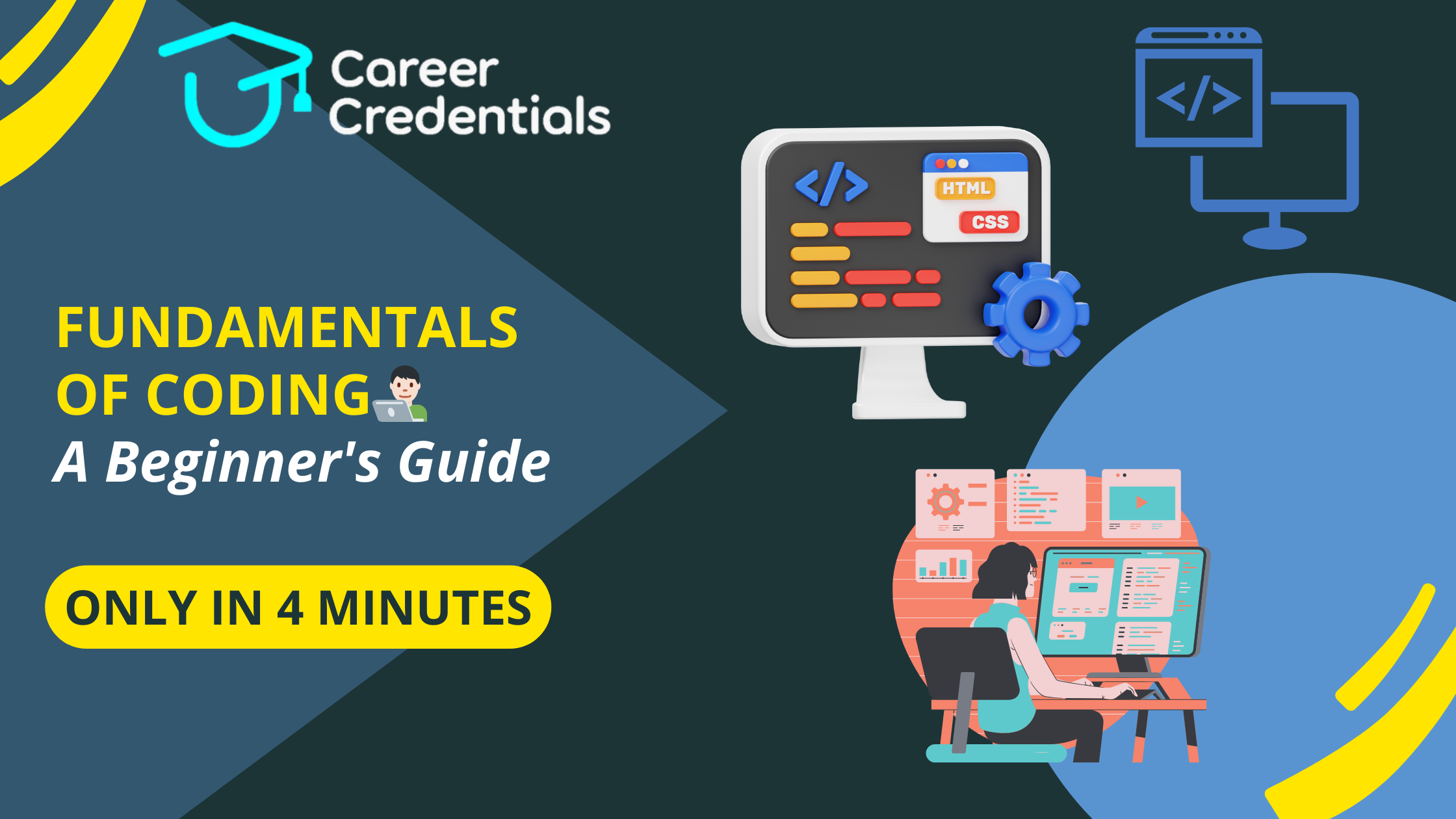What is the Future of Data Science and AI?

In the big world of tech, two important things are Data Science and Artificial Intelligence (AI). These are making big changes for businesses and people. They work together to create new things that will last for a long time.
How Data Science is Changing
Data science is like magic. It turns messy data into helpful ideas. Data scientists use math and science to make sense of this data.
Making Work Easier and Better
Data science and AI working together means things get done faster and better. Jobs that used to take a lot of time are now done by machines. For example, doctors can now predict how patients will do, marketers can create ads that fit exactly what people want, and banks can make smart choices with their money.
Also Read: Devin: The Rise of the AI Software Engineer
The Power of AI: Doing More than Humans
Artificial Intelligence, or AI, is like a smart brain inside a machine. It does things that normally need human thinking. From chatbots helping us on websites to computers knowing what's in a picture, AI is everywhere.
What AI Does ?
- Chatbots: Talking to you online anytime.
- Voice Assistants: Like Siri or Alexa, they help you with questions.
- Recommendations: Suggesting things you might like to buy or watch.
- Language Translation: Helping us understand other languages.
- Image Recognition: Figuring out what's in a picture.
Check Out: AI and Data Scientist Roadmap by Career Credentials for FREE !!
The Good Stuff: What We Get from Data Science and AI
- Less Boring Work: People can focus on creative jobs because machines do the boring stuff.
- Better Work in Many Fields: Healthcare, finance, marketing, and more are all getting better thanks to data science and AI.
- Customer-Friendly Ideas: Companies know more about what customers want, so they can make things just right.
- Preparing for Problems: We can see problems coming and fix them before they happen.
- Fewer Mistakes: Computers don’t make mistakes like humans do.
Enroll Now: Machine Learning: Beginners Guide by Prashant Sir
Looking Ahead: What's Coming Next
- More AI Everywhere: AI will be used more for making smart choices and doing work.
- Using Data Right: Making sure we use data responsibly and fairly.
- Getting Things Done Faster: Jobs will be done quicker with less effort.
- Working Together: Different fields will work together to make new things.
- Real-Time Info: Getting quick data from smart devices.
- Predicting the Future: Knowing what will happen next in trends and people's behavior.
- Keeping Info Safe: Making sure data is safe and private.
- Always Learning: Always learning new things to stay up to date.
Check Out: Top 14 Artificial Intelligence Applications by Career Credentials for FREE !!
AI in Everyday Life
Imagine a world where AI makes life easier:
- Smart Homes: Homes that know what we need and do it for us.
- Healthcare: Doctors getting help to treat us better.
- Personal Devices: Phones and gadgets that know what we want before we do.
Must Read: Why Machine Learning is Crucial for Your Future Career by Prashant Jha (Expert in Machine Learning).
The Tech Behind AI: Deep Learning and NLP
- Deep Learning: Computers learning like humans, making them smarter.
- Natural Language Processing (NLP): Computers understanding and talking like us.
Also Read: How Long Does It Really Take to Learn Python?
Jobs in the Future: More Opportunities
- New AI Jobs: More jobs like AI specialists, machine learning engineers, and data scientists.
- Skills Needed: Knowing about data and being able to adapt to new things is important.
- Doing It Right: Making sure AI is used in good and fair ways.
Enroll Now: Core Java by Dr. Amar Panchal
Starting Your Career: What to Do
For those who want to work in data science or AI:
- Education: Learn about data or AI in school or with courses.
- Skills: Get good at tech stuff and also learn how to talk and understand business.
- Experience: Try working in places to learn how to use what you know.
Enroll Now: Learn Django with Prashant Sir
Conclusion
As we think about what's coming next with data science and AI, we see a world full of new ideas. Technology and human thinking come together to make a future where things are faster, smarter, and done with care. In this journey, those leading data science and AI shape a world where anything is possible, guided by the endless stories within the data they work with.
Confused About Your Career?
Don't let another opportunity pass you by. Invest in yourself and your future today! Click the button below to schedule a consultation and take the first step towards achieving your career goals.
Our team is ready to guide you on the best credentialing options for your aspirations.
Let's build a brighter future together!
Empower Yourself. Elevate Your Career at Career Credentials Where Education meets Ambition.


